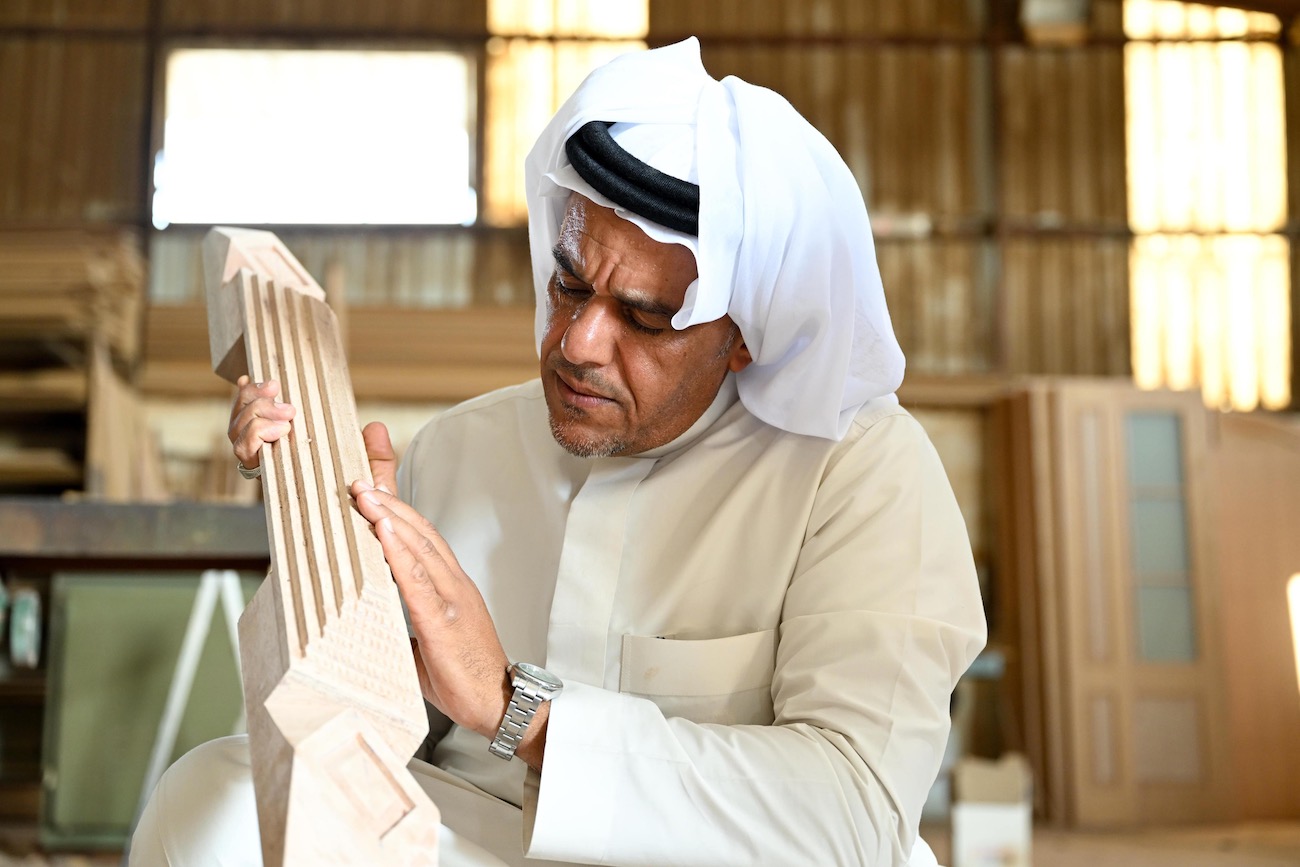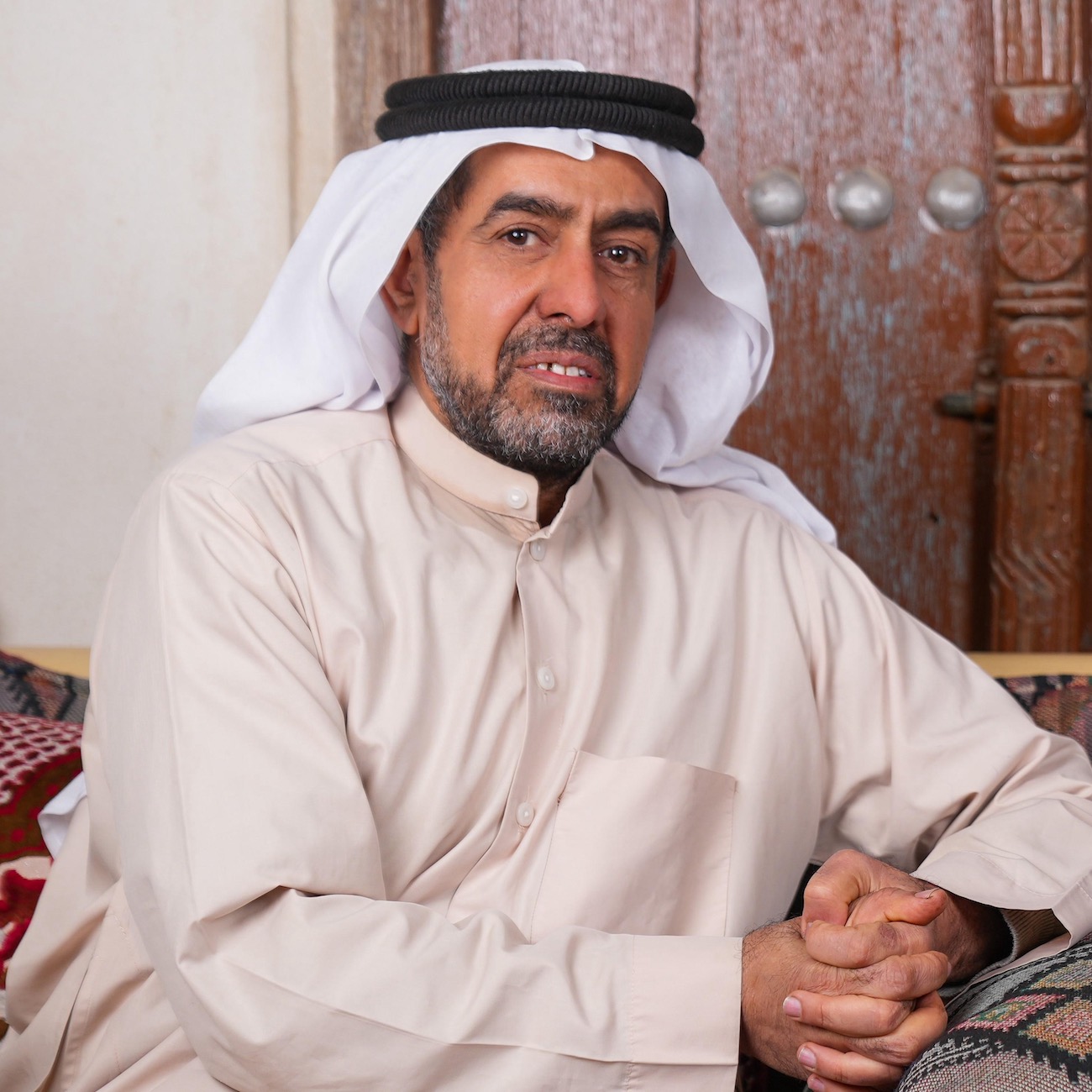DUBAI: Saudi Arabia is evaluating the benefits of joining the BRICS economic bloc, Faisal Alibrahim, the Kingdom’s minister of economy and planning, said at the World Governments Summit on Wednesday.
Speaking during a session titled “The Emergence of Multiple Economic Blocs,” Alibrahim highlighted Saudi Arabia’s commitment to fostering global dialogue while navigating an increasingly fragmented economic landscape.
The BRICS bloc was formed in 2009 and initially named after its original founders Brazil, Russia, India and China, while South Africa joined a year later. It now has 10 full members including Iran, Egypt, Ethiopia, the UAE and Indonesia.
Alibrahim said economic blocs such as BRICS were not an end in themselves but tools to promote stability and integration. “Dialogue is important. It’s important for the Kingdom and for the world today.”
He said Saudi Arabia viewed such platforms as opportunities to build, protect, and expand common ground.
Since the launch of Vision 2030, Saudi Arabia has demonstrated an increased openness to global dialogue, aiming to enhance regulatory alignment and market integration.
The minister emphasized that while regional proximity and cultural ties were vital, meaningful economic cooperation also required open, transparent discussions on trade policies and regulatory frameworks.
“During hyperinflation days, like what happened in the 70s, we will be operating less than our potential and less than our optimal output,” he said.
“Which means we will be operating at a loss, and the global economy can’t afford this especially since it is projected to grow at 3.3 percent in 2025. We can’t afford not to continue to engage.”
Alibrahim also addressed the evolving economic dynamics within the GCC. “In the case of the GCC, we’re looking at a common market and a customs union.”
“To be very transparent, we were considering a currency union, but effectively, because of our collective peg, we are more or less pegged to the dollar. This peg has created a form of economic unity.”
The minister said GCC countries were taking a step back to reassess what Gulf economic unity and integration should look like in the future.
“We’re having very open, transparent discussions among all six countries about trade policy and many other topics,” he added.
Addressing Saudi Arabia’s potential BRICS membership, Alibrahim said the Kingdom was undergoing a “rigorous process” to evaluate the pros and cons of joining the bloc.
“Like any multilateral platform, we carefully assess the benefits and challenges,” he explained.
When asked whether BRICS membership might undermine the petrodollar system, Alibrahim dismissed such concerns, stressing that continued dialogue remained essential, even amid policy differences.
“Engagement does not mean endorsement. It’s about sharing perspectives to address global challenges,” he said.
Alibrahim reflected on the current global economic climate marked by rising protectionism and trade disruptions.
He warned that the fading era of hyper-globalization necessitated a shift from merely seeking consensus to fostering meaningful, solution-oriented discussions.
“Hyper globalization is fading. You said it. Protectionism is increasing. Trade disruptions, we don’t want to say specifically, trade wars, trade disruptions are increasing.
“This means that companies and countries are now solving for more stability, not necessarily for efficiency. We can’t afford not to engage.
The minister advocated for robust multilateralism.
“The solution is being honest with each other. We are in the Saudi government, and ministers among themselves are very candid and very respectful.
“But we critique each other, and I think governments bilaterally should develop that strong relationship to be able to comment and support and give each other feedback. And I think that will create the shift needed in global data.”
































